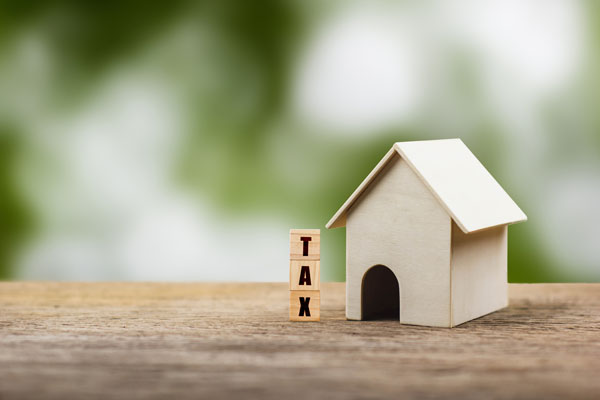
What are the tax ramifications when selling your home? The current law enacted in 1997, states that if you have owned and lived in your primary residence for two of the last five years, you can exclude up to $250,000 in profit if you are single, or up to $500,000 if you are married and file jointly. However, Congress did included additional legislation for three situations in which the ruling might be modified: 1)change in employment 2) health reasons or 3) unforeseen circumstances.
Change in Employment: If your new place of employment is at least 50 miles further from the home being sold than was the former place of employment, then the homeowner can take a proportionate exclusion of gain. For instance, if the homeowner owned the home for only one year, then the homeowner would be entitled to exclude one half of either the $250,000 or the $500,000 exclusions, depending upon the marital and tax filing of the taxpayer. Employment is defined as “the commencement of employment with a new employer, the continuation of employment with the same employer, or the commencement or continuation of self-employment.
Health Reasons: If your Doctor recommends a change of residence for reasons of health, this is considered a safe harbor. According to the IRS, “if the taxpayer’s primary reason for the sale is 1) to obtain, provide or facilitate the diagnosis, cure, mitigation, or treatment of disease, illness or injury or 2) to obtain or provide medical or personal care for a qualified individual suffering from a disease, illness or injury”. A “qualified individual” includes family members who are in need of medical assistance away from the principal residence.
Unforeseen Circumstances: The IRS has determined the following events as “safe harbors”, with the condition that these events involve the taxpayer, his/her spouse, co-owner or a member of the taxpayer’s household.
- death
- being terminated from employment and eligible for unemployment compensation
- a change in job status that results in the taxpayer being unable to pay the mortgage and reasonable basic living expenses for the taxpayer’s household
- divorce or legal separation
- multiple births resulting from the same pregnancy
- involuntary conversion of the property
- destruction of the property because of man-made disaster, an act of war or terrorism
The IRS has kept the “safe harbor” door open by allowing the IRS Commissioner the right to expand these 7 items should the need arise or in response to a particular situation involving a specific taxpayer.
Taxpayers who believe they are entitled to claim an exemption should immediately consult with their tax adviser before they sell.


